Are you looking to improve your gut health and overall well-being? In a world where health-conscious choices are becoming increasingly popular, one nutritional trend has been making waves – probiotic foods.
Probiotic foods are not just another health fad; they have been used for centuries in various cultures and are now backed by scientific research. Incorporating them into a regular diet means better energy levels, fewer digestive problems, and a stronger immune system.
Have you ever wondered why yoghurt is praised as a gut-friendly snack or why fermented foods are making a big comeback? We’re about to unravel those secrets.
If you’re looking to enhance your health from the inside out, nourish your gut, and potentially feel better day-to-day, then this list is a game-changer.
Let us explore top probiotic-rich foods, understanding how they work and the incredible ways they can positively impact health.
What are probiotics?
Probiotics is a term used for live microorganisms like some bacteria and yeasts that exert various health-boosting effects on the body. They are also fondly called as good or gut-friendly bacteria.
Probiotics are present in our gut and are also found in some foods, like fermented foods.
Lactobacillus, Bifidobacterium infantis, B. longum, B. lactis, Escherichia coli, Saccharomyces cerevisiae, S. boulardii, and S. lactis are a few examples of probiotics.
These organisms work in the body by establishing a healthy balance between harmful and beneficial microbes. Any disruption in this balance can give rise to a number of health issues.
Prebiotics and Probiotics – What’s the Difference?
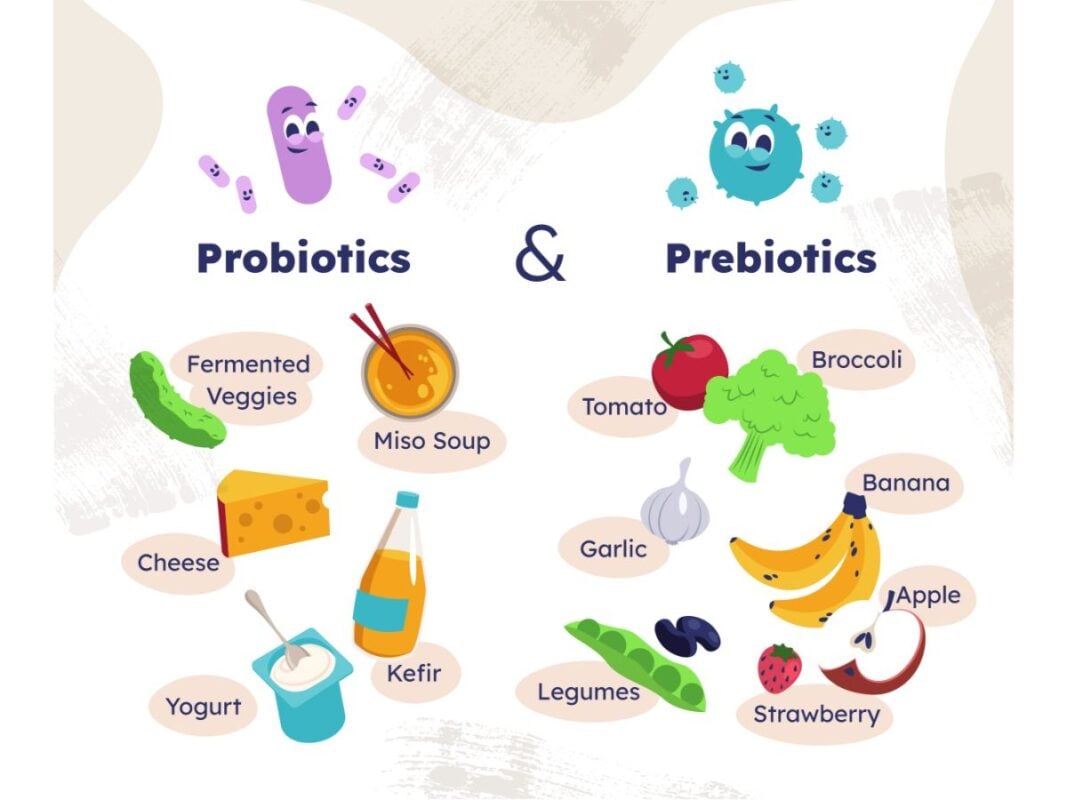
People often get confused between pre and probiotics, thinking they are similar.
They are related but distinct components. However, they both play a vital role in keeping our gut and immune health strong.
Probiotics are live microbes like Lactobacillus and Bifidobacterium, and when consumed in adequate amounts, confer health benefits.
On the contrary, prebiotics are non-digestible dietary fibres and compounds that serve as food for the probiotics already present in the gut. They promote the growth and action of these friendly bacteria. Garlic, onions, bananas, chicory root, and asparagus are a few examples of prebiotic foods.
So, probiotics provide direct health benefits, while prebiotics support the growth of probiotics in the gut.
7 Science-Backed Health Benefits of Probiotics
Here are a few benefits that one may expect after including probiotic-rich foods in the diet.
Better Digestive Health
Our gut has an epithelial lining that acts as a gut barrier and shields us from harmful pathogens, toxins, chemicals and other unwanted foreign substances. Probiotics support the maintenance of the intestinal barrier, preserving epithelial integrity 1.
This is important because if this barrier is compromised, then it may consequence in serious health issues like inflammation, diarrhoea, constipation, acidity, bloating, gas formation, etc.
So, if you also experience frequent indigestion issues, consider including probiotics in your diet, as it may be due to altered gut balance.
Strong Immune Health
Who doesn’t want strong immune health?
A considerable portion of the immune system is located in the gut, and probiotics play a major role in maintaining the balance between necessary defence mechanisms and immune responses.
Studies support that probiotics modulate the functions of immune cells like lymphocytes and macrophages 2.
So, if you have a tendency to fall sick frequently or are looking to strengthen immunity, probiotics are your answer.
Anti-Inflammatory
Chronic inflammation in the body is associated with a higher risk of developing disorders like diabetes, obesity and cardiovascular diseases.
Several probiotic strains have been shown to possess anti-inflammatory properties.
Studies suggest that probiotics exert their anti-inflammatory effect by inhibiting enteric pathogens, degrading bacterial antigens, blocking inflammatory mediators, and stimulating immunity 3.
Hence, probiotic therapy during inflammatory conditions like celiac disease, IBS (Inflammatory Bowel Syndrome), and pouchitis may be a promising treatment.
May Ease Allergies and Skin Conditions
Allergy refers to an immunological response of our immune system in response to an allergen. Some probiotics are also capable of preventing or relieving the symptoms of allergic reactions and risk of eczema.
In recent decades, the prevalence of allergies has risen, and researchers are working on different ways to prevent and treat them.
The use of probiotics has become one of the effective strategies to minimize or prevent allergic reactions. They can suppress the levels of inflammatory markers and interact with immune cells to restore intestinal homeostasis 4.
So, if you are asthmatic or allergic to any foodstuff, you may consider increasing probiotics intake but only under your doctor’s supervision.
Better Weight Management
Surprised? Yes, you read it right!
Probiotics can help you achieve your weight loss or healthy weight goals.
In several clinical trials, it was observed that a regular probiotic intake is associated with improved BMI and body composition. They provide benefits by promoting fat burning and decreasing fatty acid absorption in the body.
They also improve the balance of appetite hormones and prevent fat accumulation 5.
Hence, intake of probiotic-rich foods is important if you desire a healthy weight and lean muscle body.
Improved Cognitive Function
A healthy gut microbial balance is not only essential for physical health, but it impacts mental well-being as well.
As we age, the gut microbiota undergoes significant alterations in its composition and function, which may affect health and age-related diseases.
Based on recent studies, gut microbiota has been linked to age-related neurodegenerative diseases, such as Alzheimer’s disease, and mood disorders, like depression and anxiety 6.
Regular intake of probiotics in the diet is vital to support the production of happy hormones and neurotransmitters in the body, which reduce stress and anxiety levels, improve mood and prevent age-related neurological decline.
Greater Nutrient Absorption
A healthy food intake is incomplete without all the nutrients being properly absorbed.
The gut microbiome facilitates nutrient absorption by enzymatically breaking down complex food compounds that bypass the human digestive process. Within the gut, beneficial bacteria possess the essential enzymes required for the breakdown of these compounds, leading to the release of nutrients and metabolites, including glucose and short-chain fatty acids 7.
This can explain the tradition of consuming curd, lassi or buttermilk in meals so that nutrients are better absorbed without any abdominal distress.
Better nutrient uptake by the body means lesser chances of nutritional deficiencies.
List of Top 10 Probiotic Foods
Yoghurt

Yoghurt is a well-known and widely consumed probiotic food that offers several health benefits.
It is made by fermenting milk with distinct bacterial strains, such as Lactobacillus bulgaricus and Streptococcus thermophilus, which transform the milk into yogurt. During this fermentation process, these bacteria produce live cultures that act as probiotics.
The probiotics in yoghurt can help maintain a balanced gut microbiome, which can be particularly beneficial for digestive health. They assist in the breakdown of food and the absorption of nutrients, potentially easing issues like diarrhoea, constipation, and irritable bowel syndrome (IBS).
Kefir
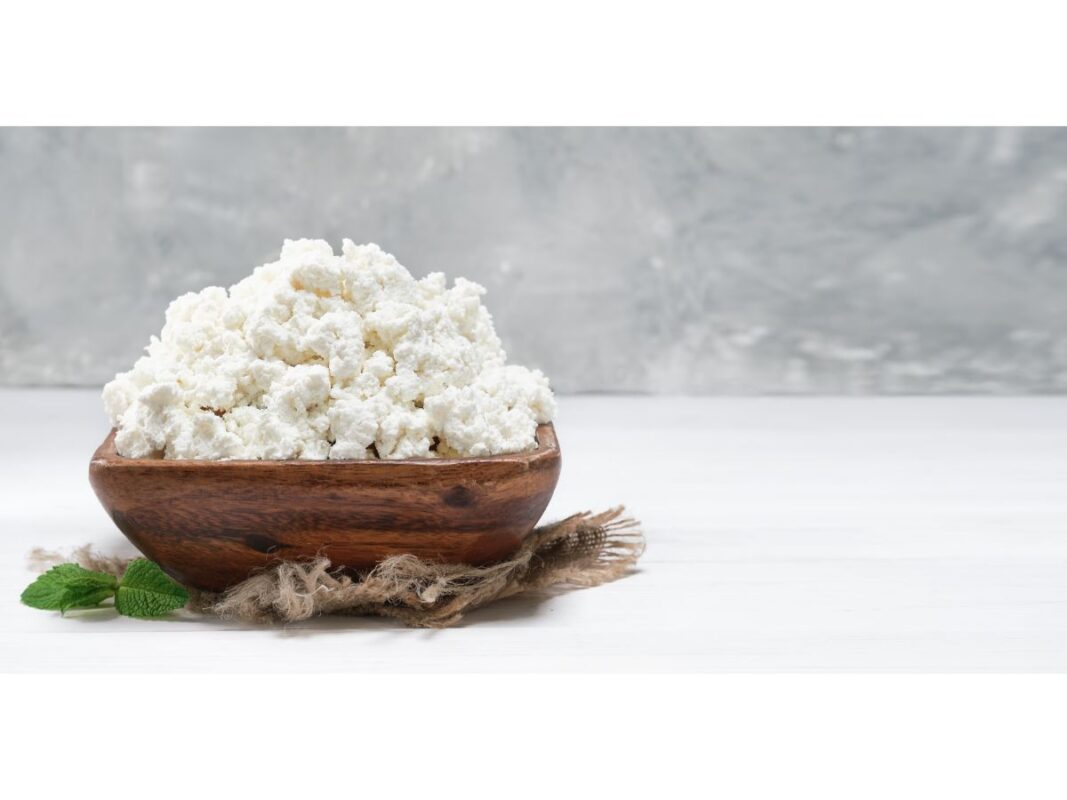
Kefir is a fermented dairy product. It is made by mixing kefir grains (a combination of lactic acid bacteria and yeast) with milk and allowing them to ferment. During fermentation, kefir grains transform milk into a tangy, slightly effervescent beverage rich in probiotics.
It contains various beneficial bacteria and yeasts, including Lactobacillus, Bifidobacterium, Saccharomyces, and more.
Due to its probiotic content, Kefir can improve the absorption of various nutrients, such as calcium. This can be especially valuable for individuals who have difficulty absorbing certain nutrients.
Miso
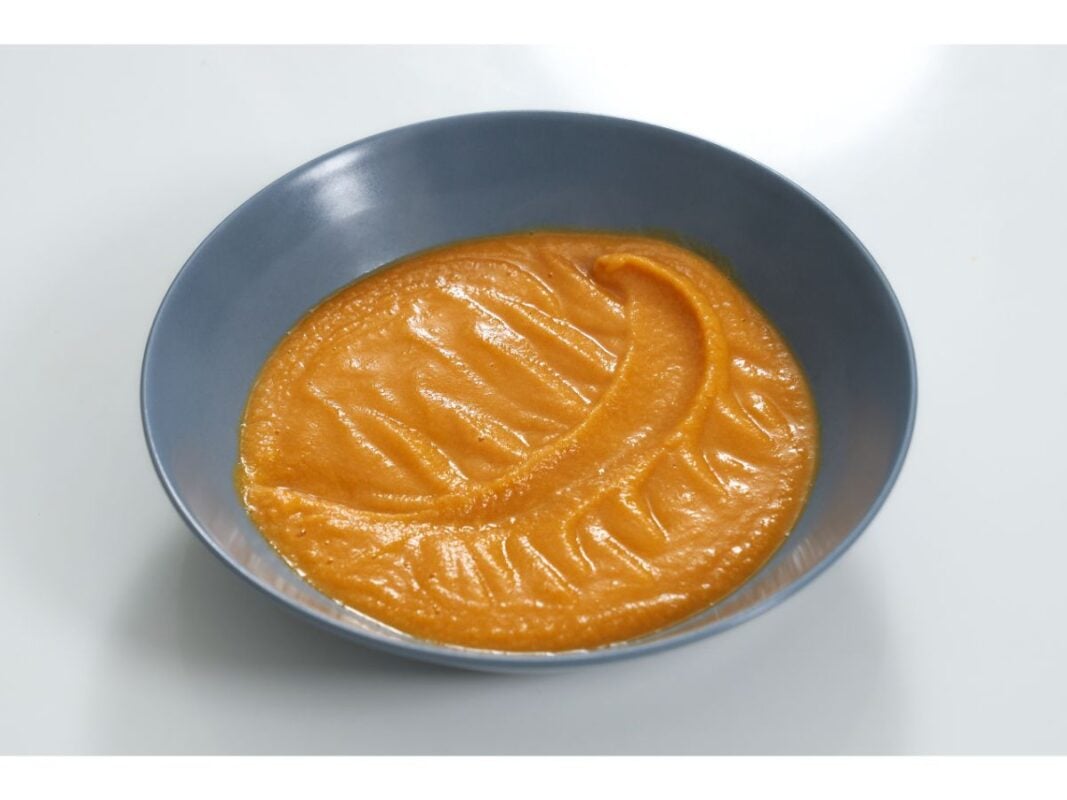
Miso is a traditional Japanese seasoning made through a fermentation process that typically involves soybeans, salt, and koji (a fungus). Various beneficial microorganisms, including lactic acid bacteria, yeast, and other probiotic strains, develop in miso during fermentation.
Miso is not only a source of probiotics but also a nutritious seasoning. It provides essential nutrients, such as protein, B vitamins, and minerals, including iron and calcium.
Kimchi
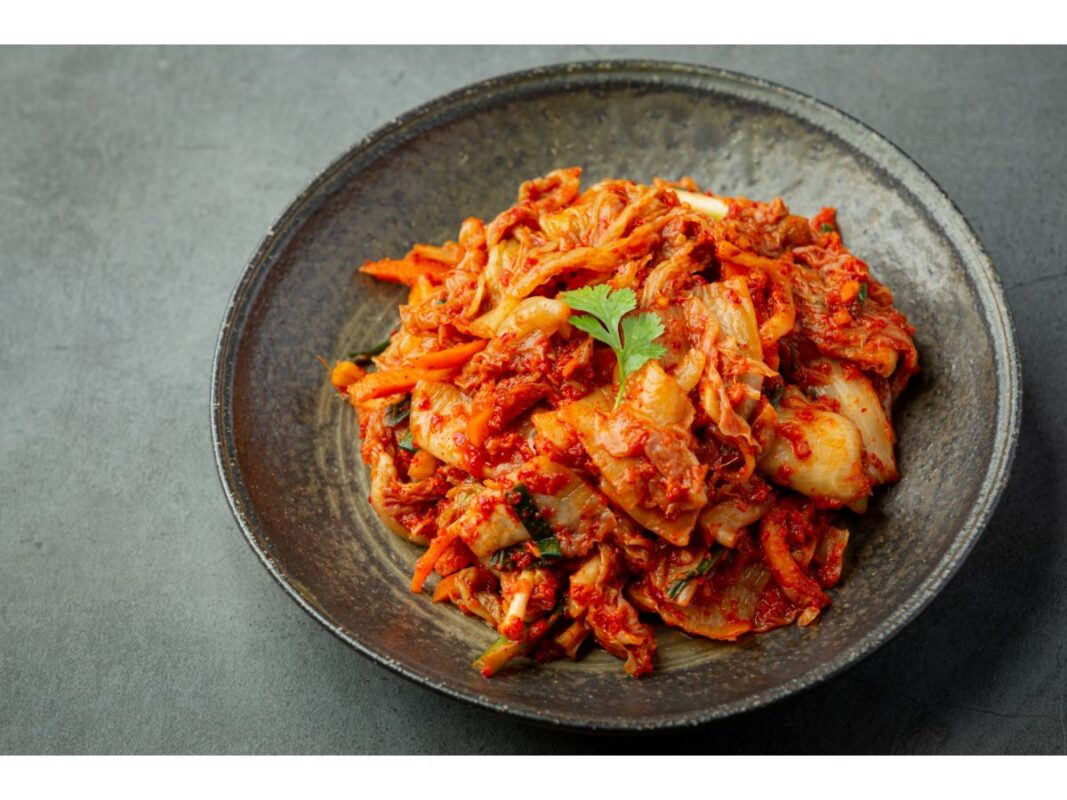
Kimchi is a conventional Korean food made by fermenting vegetables, primarily Napa cabbage and Korean radishes, along with a mixture of seasonings, such as red pepper flakes, garlic, ginger, and fish sauce.
The fermentation process involves lactic acid bacteria, primarily the species Lactobacillus, which are responsible for the tangy and sour flavour of kimchi.
Kimchi is also a good source of essential vitamins like vitamins C and K, minerals like calcium and iron, and dietary fibre.
Sauerkraut

Sauerkraut is produced when finely shredded cabbage and salt are fermented together.
During the fermentation process, naturally occurring lactic acid bacteria, primarily Lactobacillus species, begin to grow and convert cabbage sugars into lactic acid. This process gives sauerkraut its characteristic sour flavour and contributes to its probiotic properties.
Sauerkraut is a versatile food that can be used as a condiment or side dish in a wide range of dishes.
Natto

Natto is a classic Japanese food made from fermented soybeans.
Natto contains live beneficial microorganisms, which are considered probiotics. They survive the digestive process and reach the intestines intact, providing health benefits.
Fermented Pickles

Naturally fermented pickles are made by immersing cucumbers or other vegetables in a brine solution that contains water, salt, and sometimes spices.
During fermentation, beneficial lactic acid bacteria, including Lactobacillus species, are responsible for pickling and preservation.
The live cultures in pickles can help with digestion, lower the risk of digestive issues, and promote overall gut function.
Kombucha
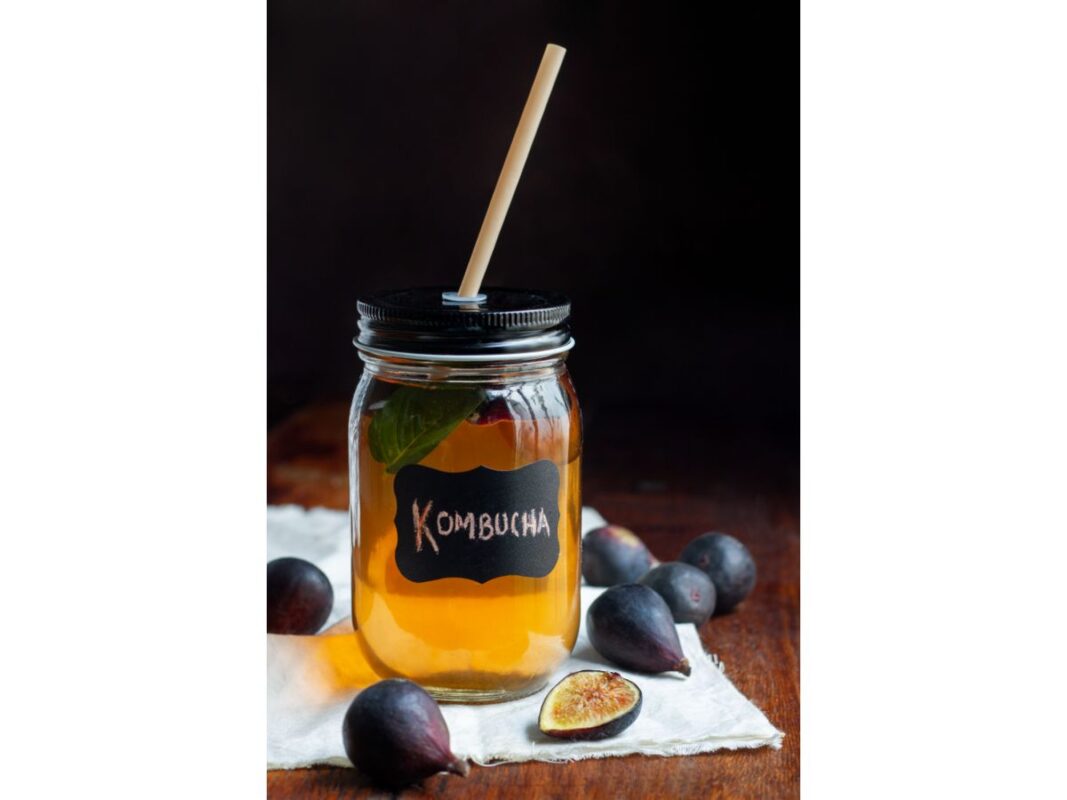
It is a fermented tea (green or black) beverage that is commonly associated with probiotics due to its fermentation process and the presence of beneficial bacteria and yeast.
Kombucha’s probiotics may enhance immune function by promoting the production of antibodies and immune cells, contributing to the body’s ability to defend against infections and diseases.
Apple Cider Vinegar (ACV)

ACV can contain live beneficial bacteria, particularly acetic acid bacteria. These microorganisms can be considered probiotics, which may confer health benefits when consumed.
If you are looking to incorporate ACV for its potential probiotic benefits, consider choosing a brand that specifies the presence of live cultures or opt for unpasteurized or raw ACV.
Fermented Cheese

Cheese is made through a fermentation process that involves the conversion of milk sugars (lactose) into lactic acid by specific bacteria. During the initial stages of cheese production, various bacterial strains of Lactobacillus and Bifidobacterium species are used to ferment the milk.
Some types of cheese, especially those with shorter ageing periods and minimal processing, may retain live beneficial bacteria from the initial fermentation.
The live cultures in certain cheeses can help maintain a balanced gut microbiome and promote gut health. They assist in the digestion of food and may reduce the risk of digestive issues.
Conclusion
In closing, the world of probiotics is vast, delicious, and teeming with opportunities for a healthier you.
By paying attention to your gut health, nurturing your interest in probiotic foods, generating the desire for well-being, and taking action towards a more wholesome diet, you can unlock the potential for a healthier, happier, and more balanced life.
If you are a picky eater or feel that none of those mentioned earlier options pleased you, you may consider supplementation to ensure that you are not deprived of any of their health benefits.
Here is a plethora of pre and probiotic supplements for you to explore.
So make that choice today, and let probiotics be your path to vitality and wellness.
References- Das, T., Pradhan, S., Chakrabarti, S., Mondal, K. C., & Ghosh, K. (2022). Current status of probiotic and related health benefits. Applied Food Research, 2(2), 100185. https://doi.org/10.1016/j.afres.2022.100185[↩]
- Yan, F., & Polk, D. B. (2011). Probiotics and immune health. Current Opinion in Gastroenterology, 27(6), 496–501. https://doi.org/10.1097/mog.0b013e32834baa4d[↩]
- Cristofori, F., Dargenio, V. N., Dargenio, C., Miniello, V. L., Barone, M., & Francavilla, R. (2021). Anti-inflammatory and immunomodulatory effects of probiotics in gut inflammation: a door to the body. Frontiers in Immunology, 12. https://doi.org/10.3389/fimmu.2021.578386[↩]
- López-Santamarina, A., Gonzalez, E. G., Lamas, A., Del Carmen Mondragón, A., Regal, P., & Miranda, J. M. (2021). Probiotics as a possible strategy for the prevention and Treatment of allergies. A Narrative review. Foods, 10(4), 701. https://doi.org/10.3390/foods10040701[↩]
- Wiciński, M., Gębalski, J., Gołębiewski, J., & Malinowski, B. (2020). Probiotics for the Treatment of Overweight and Obesity in Humans—A Review of Clinical Trials. Microorganisms, 8(8), 1148. https://doi.org/10.3390/microorganisms8081148[↩]
- Kim, C., Cha, L., Sim, M. S., Jung, S., Chun, W. Y., Baik, H. W., & Shin, D. M. (2020). Probiotic Supplementation Improves Cognitive Function and Mood with Changes in Gut Microbiota in Community-Dwelling Older Adults: A Randomized, Double-Blind, Placebo-Controlled, Multicenter Trial. The Journals of Gerontology, 76(1), 32–40. https://doi.org/10.1093/gerona/glaa090[↩]
- Ballini, A., Gnoni, A., De Vito, D., Dipalma, G., Cantore, S., Isacco, C. G., Saini, R., Santacroce, L., Topi, S., Scarano, A., Scacco, S., & Inchingolo, F. (2019). Effect of probiotics on the occurrence of nutrition absorption capacities in healthy children: a randomized double-blinded placebo-controlled pilot study. European Review for Medical and Pharmacological Sciences, 23(19), 8645–8657. https://doi.org/10.26355/eurrev_201910_19182[↩]


